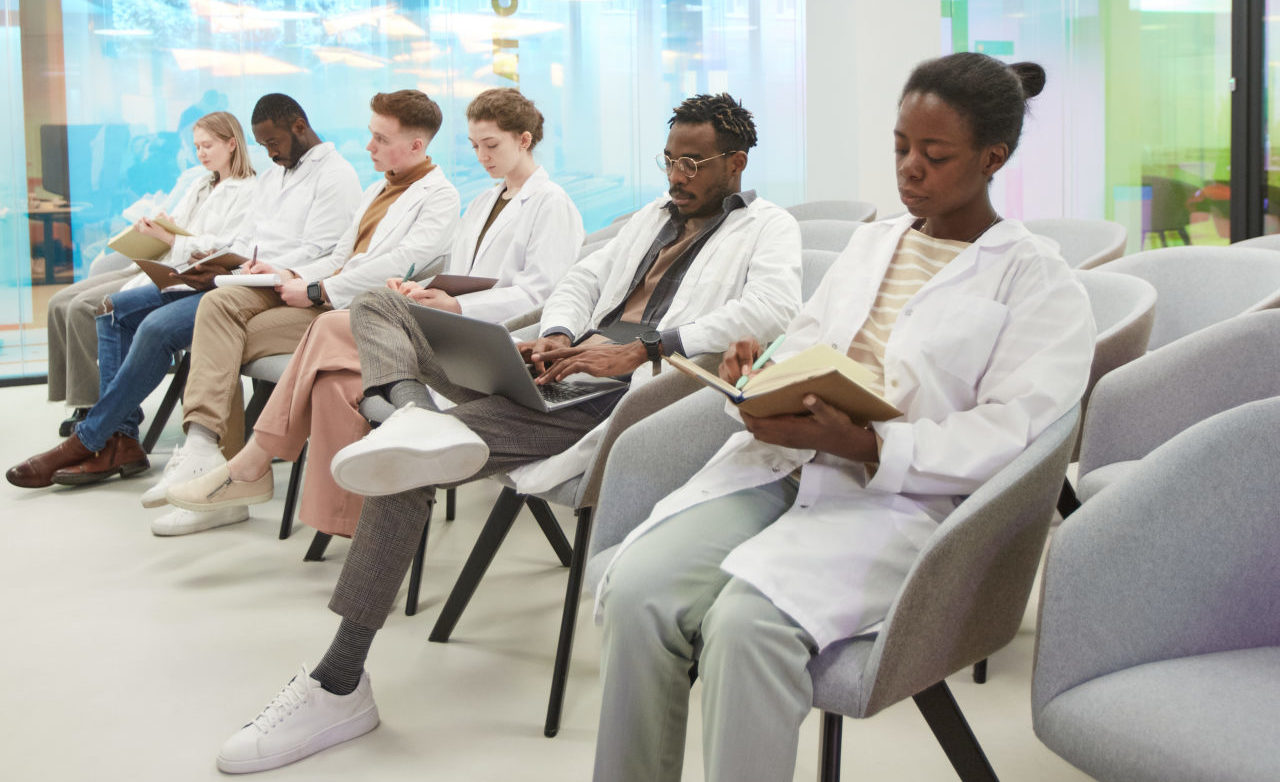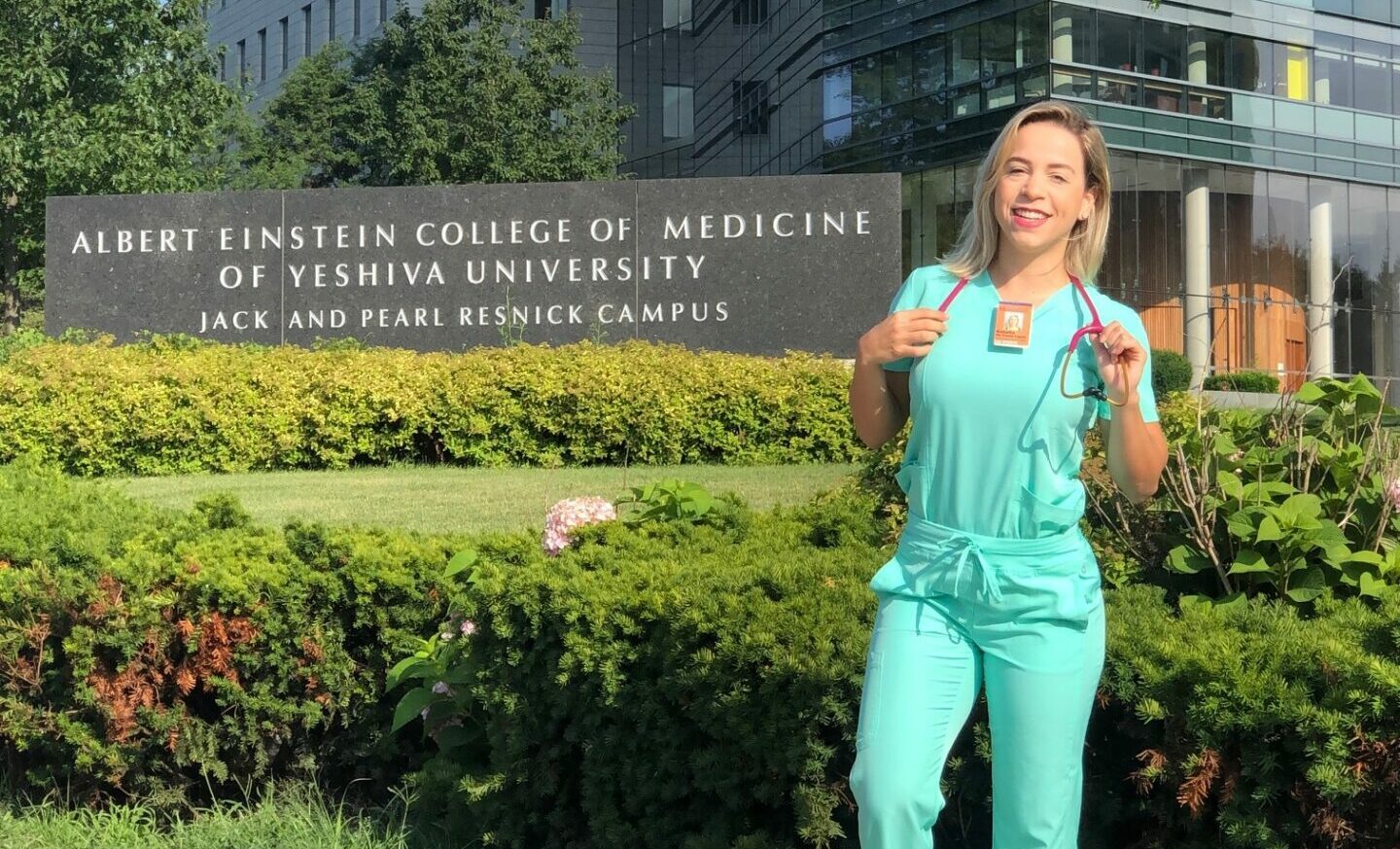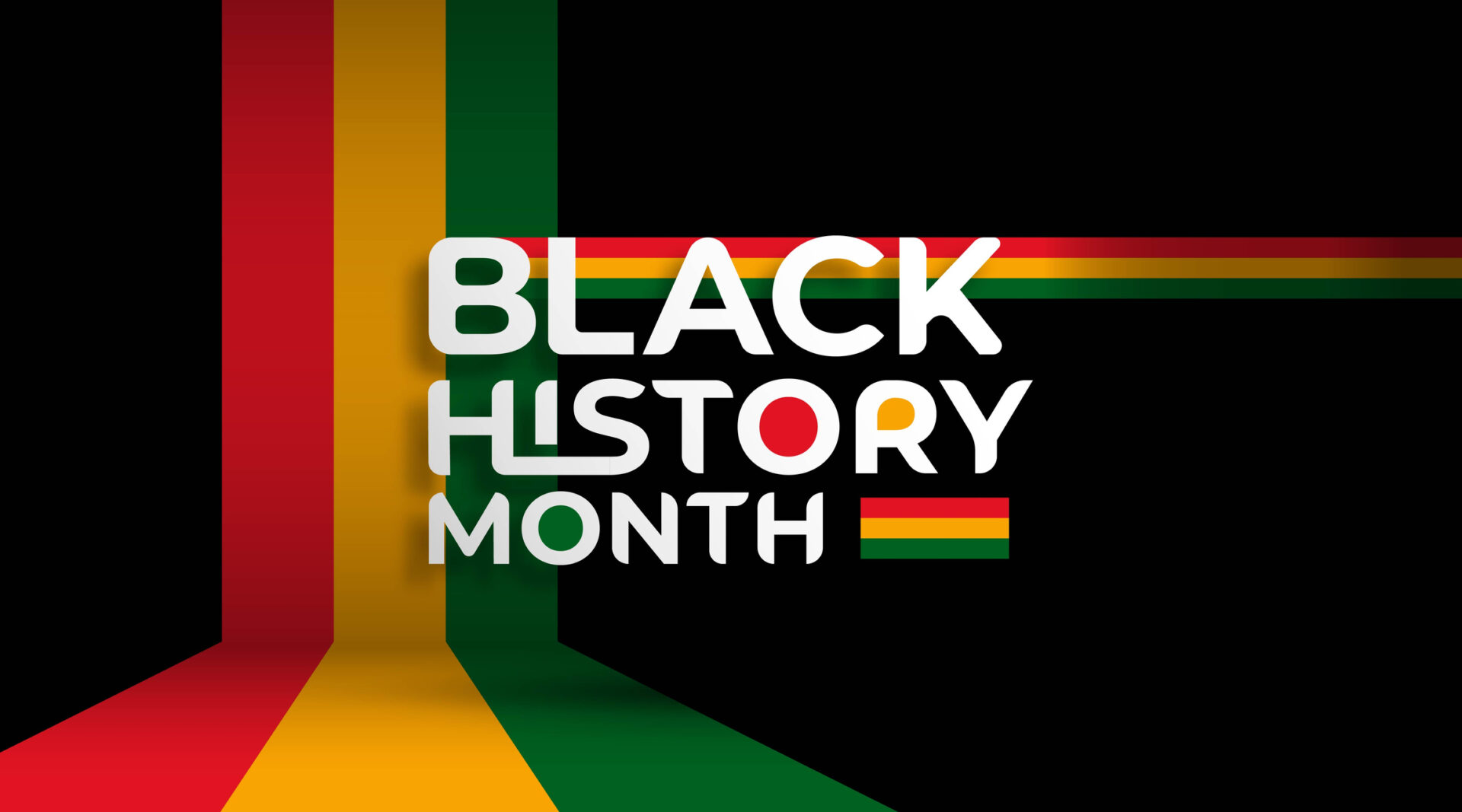World Day for Cultural Diversity for Dialogue and Development, celebrated each year on May 21, emphasizes the “essential role of intercultural dialogue for achieving peace and sustainable development.”
As healthcare globalizes, it diversifies. For hospitals, diversifying their staff of healthcare workers not only helps improve patient outcomes through expanded cultural and linguistic representation, but it helps address the physician shortage. With more and more medical trainees coming from abroad, for U.S. hospitals, this diversity begins with medical education.
Cultural Diversity and Improved Patient Outcomes
In the U.S. healthcare system, representation gaps exist across races and genders. Black Americans make up roughly 13% of the U.S. population, but black physicians account for only 5% of practicing physicians. Similarly, despite representing 19% of the U.S. population, only 5.8% of physicians identify as Hispanic. For women, who make up more than half of the U.S. population, only 34% of physicians are women.
It is no secret that representation matters in improving healthcare outcomes. A 2018 study from the National Bureau of Economic Research found that black patients are more comfortable and more likely to seek care from black doctors. That same study also found that by increasing the number of black physicians to be more representative of the U.S. population, the cardiovascular mortality gap between black and white male patients could decrease as much as 19%.
Expanding Clinical Training
One of the most sustainable, long-term pathways to growing a hospital system’s workforce is through expanded clinical training. However, how expanded clinical training happens is critical to preparing a new generation of healthcare workers who are diverse and representative of the populations they serve. Because one-third of physicians are eventually employed by their training hospital, it is
This is the model Ponce Health Sciences University followed after opening its St. Louis, Missouri campus. Ponce, through a partnership with AMOpportunities, was able to forge a relationship with St. Louis-based Mercy Health System. Through this partnership, Ponce is able to recruit medical trainees from the St. Louis area and, through Mercy, train them at the hospitals that serve their communities. Not only will this help expand the future workforce pipeline for Mercy Health, but it will do so in a way that ensures healthcare providers are representative of the patient populations Mercy serves.






